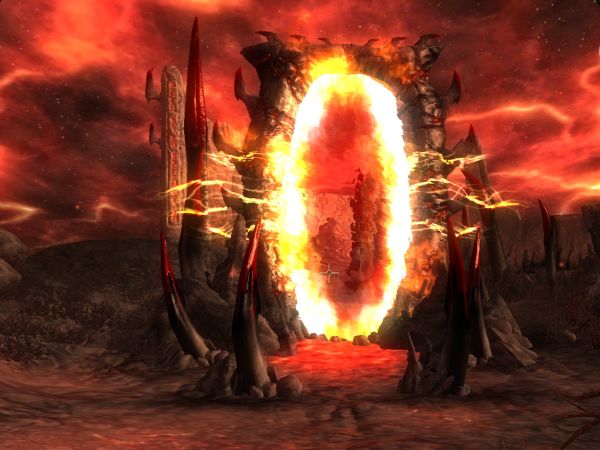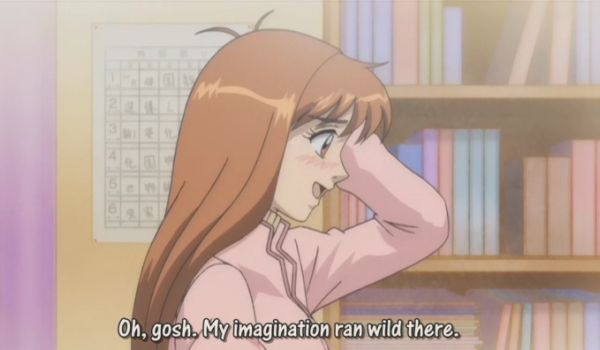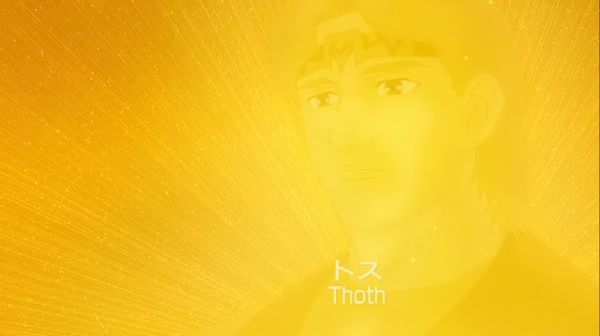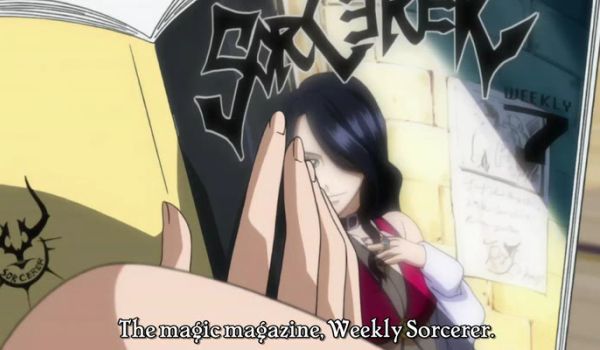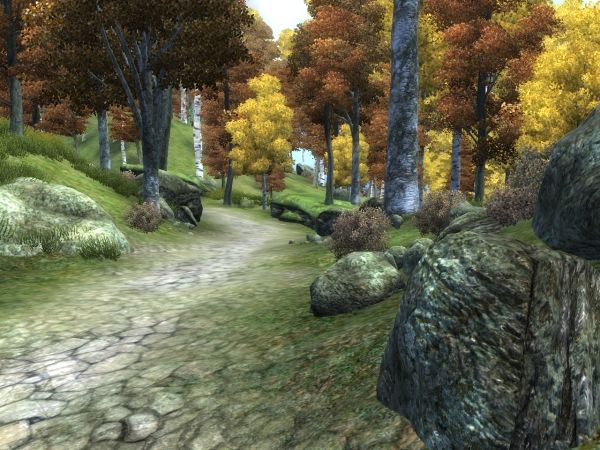
Worldbuilding is something novelists do all the time. Taking pictures of naked friends with our smartphones “for research” is not something we actually do. Rejoice therefore!
In my previous entry, I wrote about a Chinese comic I recently came across. It gave me some ideas for a short novel draft I could write for this year’s NaNoWriMo, the (inter)National Novel Writing Month.
I am not talking about writing fan fiction here. It is true that you could probably summarize both of them in a short paragraph that was identical, if you specifically was asked to do so, but that would require cutting out some pretty central themes. You see, I take this as an opportunity to practice the two new literary interests of mine from the last couple years: Wuxia and LitRPG. And the comic has nothing to do with LitRPG, which is the genre I have read the most by far this past year.
LitRPG is basically literature set inside a role playing game, or a world following the rules of a role playing game. There are basically two branches of this, the main branch is probably the one where in the future games become so lifelike that they are experienced similar to Real Life even though they are not actually real. Another branch is where the world is assumed to be real but has the same features as a role playing game, sometimes even including a user interface where you can see your statistics! That’s going a bit far, I think.
I will go for a plot device used in a Japanese light novel series, Overlord. In it, the main character remains in the game when it shuts down, and instead of being disconnected he follows along with the game world when it disconnects from the real world into some parallel universe where the game is real and real life is not. In Overlord, the main character retains all his powers and artifacts and even the base of his guild, making him hideously overpowered. I am not going that far.
Worldbuilding 1: “Real” Life
My main character – let’s just call him Marty Stu for now – is a 68 year old retiree sometime around 2030. He has some unnamed health problems by now but is still faithfully playing his favorite MMORPG, the Wuxia-inspired Lands of Soulcraft. When the game is closed down after 12 years, he decides to stay up all night playing till the end. However, in the last seconds before the shutdown time, he becomes dizzy and loses consciousness. Some time later, he wakes up and realizes that he is somewhere in the game world, but this world is now real and he is a teenager again. Either that, or he is dreaming and can’t wake up. Or dead.
Worldbuilding 2: Lands of Soulcraft – the game
The game had a cult following, but was also infamous for design decisions that made many players either give up or ragequit. Leveling in the game is extraordinarily slow – if you have a job and a family you can expect to spend a year gaining one Rank. There are ten of these, although only five are known in the beginning of the game. Each Rank has 5 Rungs. The Ranks are from lowest to highest: Iron – Copper – Silver – Gold – Platinum – Topaz – Emerald – Sapphire – Ruby – Diamond.
The metal Ranks exist in the Lush Lands, where the first half of the game takes place, a land where the heroes mingle with various ordinary people. To advance to the gem Ranks you must leave for the High Lands, the mysterious mountain world where immortals are said to live. Here are no farmers and only a few courageous traders in guarded camps at the bottom of the valleys. The land is populated by powerful monsters, mysterious races, and masters of swordmanship and Soulcraft (basically magic). Once you go there, your opportunities to return are severely limited, and you cannot use any powers gained there in the Lush Lands even should you be able to visit. A condition for going back is that your powers are restrained for the duration.
You gain rank by a combination of three factors: Practice, Lore and Exploration.
Practice is the simplest but the most boring. You practice with weapons and body training or meditate using various spiritual practices to improve the strength of your Soulforce. You can basically do this as a player while reading a book on the side. Obviously this get a bit different if you are trapped inside the game which has become real.
Exploration is the opposite: It is exciting but requires your full attention, and the results may vary a great deal. Quests give you rare experience that is valuable in leveling up, and you find rare weapons, armor, amulets, and ingredients for Alchemy and Inscription (enchanting).
Lore is found in the many large libraries. The game has thousands of books, hundreds of them are important for understanding the game mechanics. They are detailed, complex and interwoven so that some players claim the game actually equals university level. Understanding the game lore only superficially will hamper your progress, but once you have deeply understood, experimented with and practiced the game lore, “reincarnating” as a new character is much easier and faster than your first time. You may even catch up with and overtake your first character, because it is possible to make stupid decisions that hurt your maximum abilities forever. (Much like in Real Life.) This detail caused a great deal of ragequitting, by people who discovered after up to five years that their character was flawed beyond repair and would never become number one in this world.
To make things worse, the lore in the Lush Lands is hideously incomplete, something you will only learn in the last half of the game. Basically the greatest heroes of the Lush Lands are just milling around in ignorance, making do with what looks to them like a complete, deep and rich lore but is actually grade school compared to the deeper understanding available in the High Lands. Among the discoveries is that some characters that had seemed to be irreparably flawed were actually in a pretty good position to advance if they had continued long enough. Cue more ragequit.
The game was destroyed when it was sold to a large gaming company that made it free to play but sold Rank promotions and other goodies for real money. The High Lands were overrun by rich noobs who had the most powerful characters in the game world but no idea how to play. This caused the regular players to quit, and the noobs to quit as well, and the game closed down two years after the acquisition.
Worldbuilding 3: Lands of Soulcraft – the world
Once Marty wakes up in the game world, he notices that it seems completely real. He can not only see and hear, but also touch and smell. He gets hungry and needs to eat and drink. The people he meets seem way too intelligent and realistic to be Non Player Characters, but none of them have heard about any other world that is more real than this one. More disturbingly, nobody comes back from the dead. What has happened? Where is he?
Is he comatose in a hospital, dreaming that he is trapped inside the game? Or did the psychic energy of the many dedicated players actually create the game world in some alternate reality? Or did it already exist and the original designer of the game was some kind of psychic? Is Marty dead and some kind of deity or karma has shunted him to this world? Or is his body dead but his brain frozen down and later thawed up to be wired into a computer recreation of the game? And most importantly: Are there others from his world there? And if not, what is his relationship with the people of this mysterious world? And what is his destiny there?

